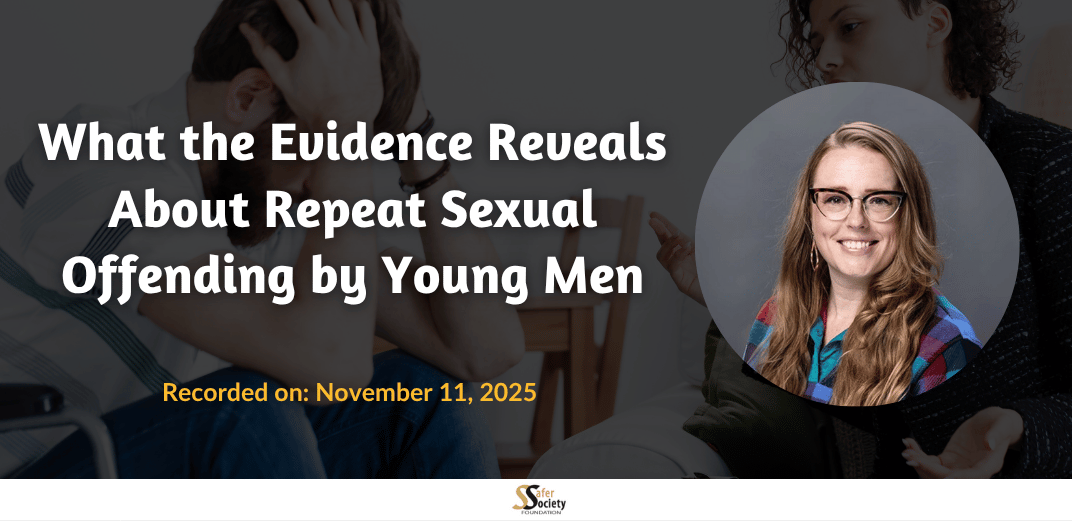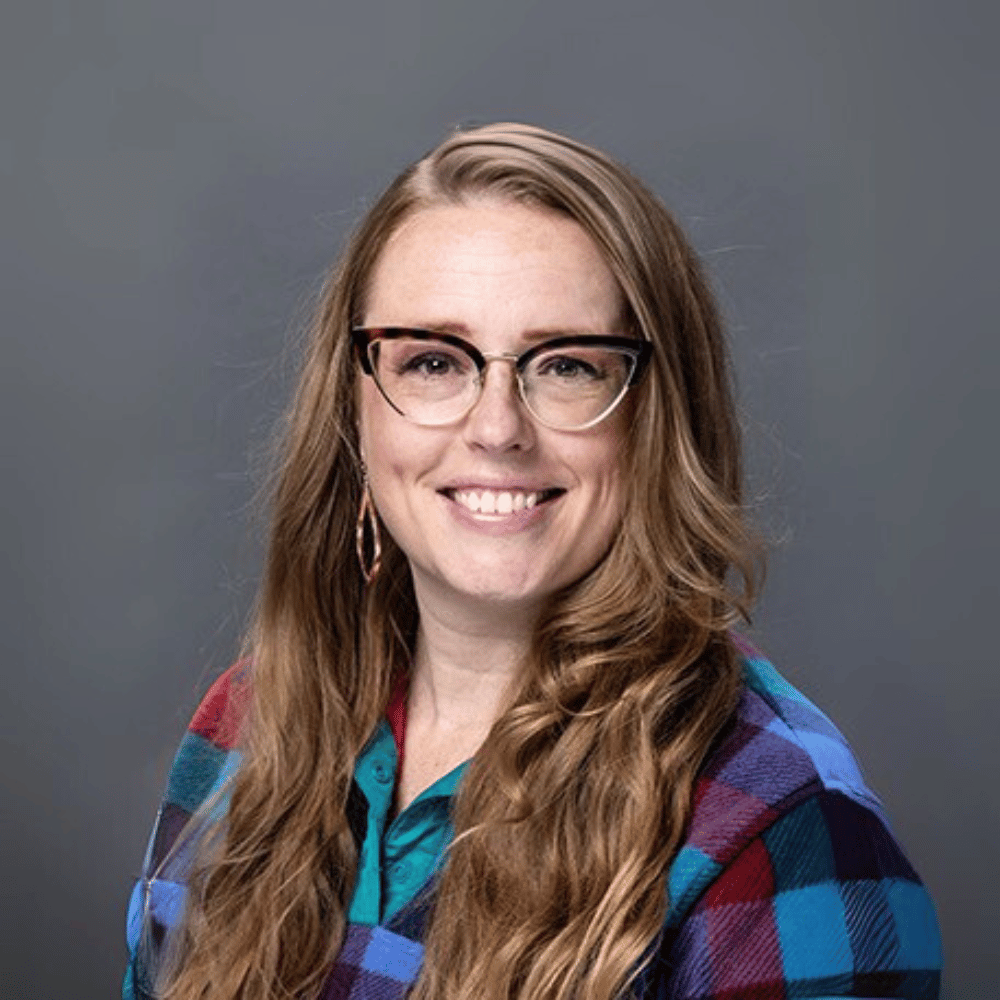
What the Evidence Reveals About Repeat Sexual Offending by Young Men
This webinar is primarily for professionals, researchers, and practitioners who are involved in sexual violence prevention, public health, or community and campus safety initiatives. This includes psychologists, social workers, counselors, educators, campus administrators, and criminal justice personnel. The discussion is also relevant to individuals working with youths, college students, and marginalized populations, as well as those responsible for developing or implementing risk reduction and assessment programs within educational or treatment settings.
Research across multiple fields reveals that repeat sexual offending by young men is a more widespread and complex problem than is often acknowledged. Studies on teen dating violence, sexual misconduct on college campuses, and re-offending within treatment and justice settings all point to high rates of undetected offenses, as well as persistent patterns of harmful behavior that extend beyond the scope of traditional monitoring systems. Although a good deal of evidence is available, findings are fragmented across disciplines, preventing a comprehensive understanding of the issue.
 RaeAnn Anderson, PhD, a human sexuality researcher and educator at the Sexual Violence Prevention Laboratory of the University of Missouri–Kansas City, makes a strong case that both research and practice are not making the most of our existing findings and that the true implications of what we have learned are profound. During this webinar, Dr. Anderson explores what we know about repeated sexual harm perpetration by young men across multiple settings, drawing from a variety of fields to highlight both the evidence and its consequences.
RaeAnn Anderson, PhD, a human sexuality researcher and educator at the Sexual Violence Prevention Laboratory of the University of Missouri–Kansas City, makes a strong case that both research and practice are not making the most of our existing findings and that the true implications of what we have learned are profound. During this webinar, Dr. Anderson explores what we know about repeated sexual harm perpetration by young men across multiple settings, drawing from a variety of fields to highlight both the evidence and its consequences.
Key areas of focus include:
- Findings from research on teen dating violence and what they show about the prevalence and rate of sexual violence.
- The extent of undetected perpetration of sexual harm, especially in settings such as university campuses.
- Patterns of repeat sexual offending by teenagers, college students, and people in sexual-offending treatment programs.
- Assessment methods that are available from different fields of study.
- Behavioral data with young men who offend and re-offend outside the justice system, and the implications of this research for efforts to prevent sexual violence on campuses and in the communities beyond.
Dr. Anderson argues that a significant part of the reason we don’t always have a full picture of the prevalence of and risk factors in sexual violence is that our fields can be so siloed. Together, we must develop a fuller understanding of our existing knowledge as we develop programs to prevent sexual violence.
Who's Presenting

RaeAnn Anderson, PhD
RaeAnn E. Anderson was raised in rural Kansas and has recently, happily returned to the Northeast Kansas/Kansas City area after 15 years away. She is an Assistant Professor in the Health Sciences department and a licensed psychologist. She loves teaching Human Sexuality and our Health Sciences courses at UMKC – to get to teach students how to empower themselves and change their communities is a privilege and honor. In the UMKC Sexual Violence Prevention Laboratory she trains students, encourages them, and leads an interdisciplinary team focused on preventing sexual violence for all people of all ages, genders, races, sexual orientations and on. It is one of a small number of research teams in the entire country focused exclusively on preventing sexual violence. More specifically, her research interests are methodological issues in sexual violence research especially measurement, and basic processes in sexual victimization and sexual perpetration in order to inform sexual assault risk reduction and prevention programs, respectively. She made it this far via great training and generous mentors at the University of Kansas (Bachelor’s), the University of Wisconsin-Milwaukee (PhD), the University of Michigan/Ann Arbor VA Healthcare System (internship) and Kent State University (post-doctoral training). RaeAnn is the first woman on her father’s side to graduate high school, much less college, a fact she keeps in mind as she tries to make things easier for the students who are also on this path. During her family time she enjoys hiking and getting into nature with family, letting her toddler explore the world, reading books, and crafting.
